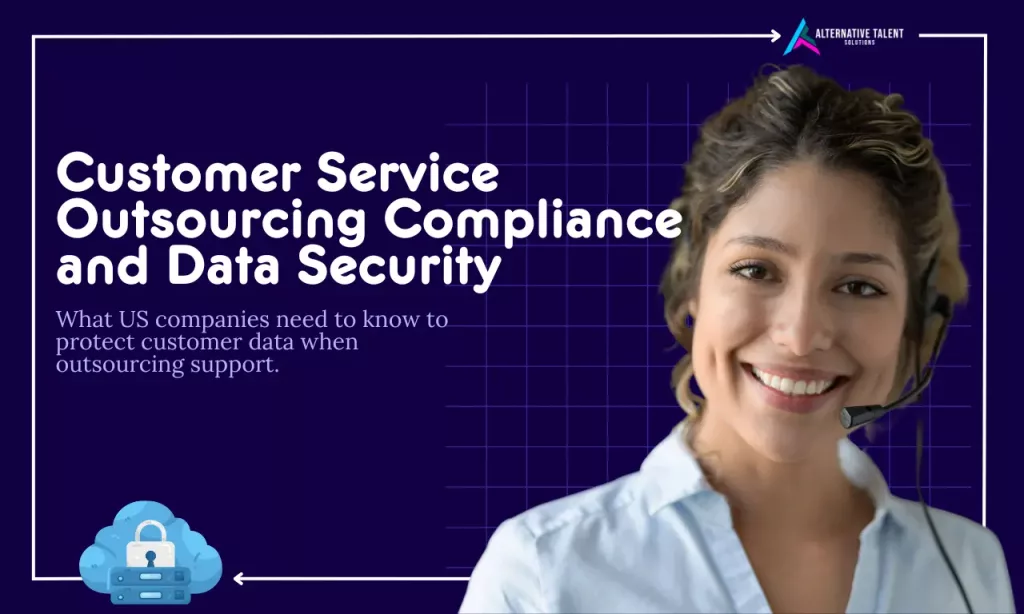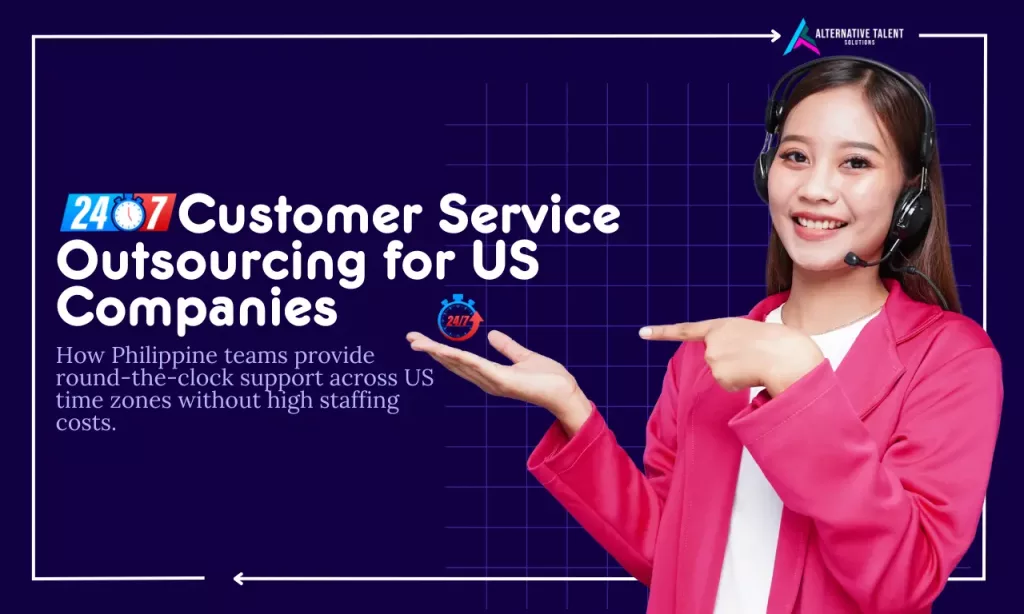Let’s face it—running a healthcare practice today comes with more paperwork than anyone ever expected. Between insurance forms, billing records, patient notes, and compliance documentation, it often feels like the admin side of things is pulling time away from what truly matters: patient care.
That’s why more and more clinics and hospitals are starting to outsource their data entry. It’s not just about saving time (though that’s a big part of it). It’s about getting back to doing the work you trained for—helping people.
The Day-to-Day Struggle with Admin Work
If you’ve ever watched a nurse spend 30 minutes updating an EHR system after a long shift, you know the strain. Or maybe you’ve seen front desk staff juggling patient check-ins while also trying to fix an error in a billing form from last week.
It adds up.
And no matter how good your team is, mistakes happen—especially when people are multitasking across tools that aren’t exactly user-friendly.
That’s where outsourcing comes in.
So, Why Are Healthcare Teams Outsourcing Data Entry?
Here are the most common reasons we’ve seen clinics, hospitals, and even solo practitioners decide to get outside help with their data tasks:
1. It Gives Your Team Their Time Back
We worked with a primary care clinic last year that was buried in administrative work. They started outsourcing their patient intake and billing data entry, and within a month, their team had recovered nearly 10 hours a week. That time was used for follow-ups, same-day appointments, and catching up on cases that had been on the back burner.
Freeing up time doesn’t just help productivity—it improves morale too.
2. You’ll See Fewer Errors
Let’s be honest: data entry mistakes in healthcare can be serious. A wrong number in a medication dose, a miswritten insurance code—it doesn’t take much to cause delays or even put patients at risk.
Outsourcing to a specialized team means trained professionals, often with backgrounds in healthcare admin, are handling these tasks. They’re focused, not multitasking between patients and phones. And that focus translates into better accuracy.
Some clinics report up to 75% fewer data errors after switching to an outsourced team.
3. HIPAA Compliance Is Built In
We get this question a lot: “But is outsourcing safe?”
It’s a valid concern. The good news is that many data entry providers that specialize in healthcare are fully HIPAA-compliant. They have strict protocols in place—encrypted systems, access controls, and regular audits—to keep patient data safe.
Always ask for proof of compliance and make sure you have a Business Associate Agreement (BAA) in place.
4. You Can Scale Easily
Let’s say flu season hits and suddenly your patient volume doubles. Or you roll out a new telehealth program that adds a wave of digital paperwork.
If all your admin tasks are handled in-house, scaling quickly is hard. But with an outsourcing partner, you can usually ramp up the support you need without having to scramble for new hires or overtime shifts.
They’ve got the team. You just need to let them know.
5. You’ll Cut Costs Without Sacrificing Quality
This is probably the most obvious benefit, but it’s worth repeating. Outsourcing reduces overhead.
You’re not paying full-time salaries, benefits, or training costs. In many cases, outsourcing data entry for healthcare providers can cut admin expenses by 20–30%.
And unlike hiring junior admin staff who may need months of training, outsourced teams are already familiar with EMRs, medical billing codes, and regulatory standards. That means high performance, from day one.
6. Turnaround Times Improve (Sometimes Overnight)
Some outsourcing providers work 24/7, which means that paperwork entered at 5 p.m. could be done and ready by 8 a.m. the next day.
That’s a huge deal if your internal team is backlogged or you’re trying to close billing cycles faster.
Faster data entry can also help with things like real-time reporting, faster reimbursements, and quicker scheduling—all of which add up to a smoother patient experience.
7. You’ll Get Cleaner, More Reliable Data
There’s another benefit that often gets overlooked: better data quality means better decisions.
When your records are consistent and up to date, your team can spot care gaps, monitor outcomes, and manage chronic cases more efficiently.
It also helps your billing department reduce claim rejections and disputes, which saves money and headaches down the line.
But Wait—Isn’t Outsourcing Risky?
There are a few misconceptions we hear over and over:
- “Only big hospitals do this.” Actually, even small private practices and dental offices outsource data entry. The flexibility of outsourced support makes it accessible at any scale.
- “It’s hard to monitor quality.” Not really. Most vendors provide reporting dashboards, error rates, and even let you audit the data regularly.
- “It’ll feel like losing control.” That depends on the outsourcing partner. With the right setup and communication, most healthcare teams actually feel more in control because they’re not constantly behind.
Final Thoughts
Data entry isn’t glamorous, but it’s critical. And if it’s getting in the way of your patient care, your staff’s energy, or your ability to grow, then it’s time to explore better options.
Outsourcing might not solve every problem, but for the teams that do it right, it’s a huge step toward running a leaner, more focused, and more patient-centered practice.
Curious how it works in real-world settings? Check out our in-depth guide to see how outsourcing data entry can transform your workflow.
A Quick Recap
- Free up time for your clinical staff
- Reduce costly errors
- Stay compliant with HIPAA and privacy laws
- Handle peak periods without stress
- Save money while improving output
- Speed up turnaround times
- Get cleaner data for smarter decisions
Ready to simplify your operations and give your team more time for patient care?
Let’s talk about how our data entry outsourcing solutions can support your practice. Contact us today or visit our Data Entry Services page to learn more.













